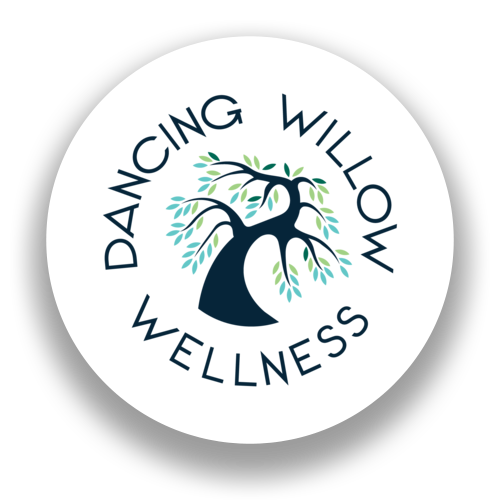How to Pick a Counsellor
Looking for a counsellor should be like dating; know your type, find someone you click with and expect a reciprocal relationship.
What’s your type?
You may not know that there are different types of counsellors. Some are old-school (Psychodynamic) who want to link back your concerns to how you were parented.
Others are less interested in your past; they care about how you tell your life story (Narrative Therapy). Some counsellors don't care about your history or how you tell it; they want to focus on solving the problems, not how they came to be (Solution-Focused).
This is an interview process; you are seeking someone for the position of a trusted and safe role in your life. The best thing you can do is ask the questions, both challenging and essential. If you have substance use concerns, ask your counsellor if they understand addiction as a disease, learned behaviour, or trauma response. If you are seeking support for depression, ask your counsellor what role they believe pharmacological interventions play in recovery
Is there a spark?
It's vital that you feel like your counsellor "gets you." They should reflect your meaning and message to you, confirming that they understand your point of view. Your counsellor isn't your friend, but there is an intimacy within the working relationship that needs to be based on a foundational connection between two people.
Reciprocity – is a two-way street.
The primary complaints regarding counselling as a whole usually sound something like this: "They just sat there and nodded," "How is talking at someone going to help me?", "It's a lot of money to pay someone just to sit there."
These statements both break my heart and make me mad. Your counsellor is at work; they should be working - and so should you. Together, you are a team attempting to meet the goal you negotiated. Counselling is not a passive activity; your session should elicit a response in you - perhaps it makes you sad, or happy, or pisses you off. As a team, you both put forth effort in an attempt to problem solve and strategize. At times it's trial and error, and you must reconfigure the plan. But it should always be two people working together.
Final Thoughts
When looking for a counsellor, shop around and interview. Most offer free consultations over the phone. This will allow you to ask questions and the counsellor to determine if their scope of practice and knowledge base can support your journey.
Alicia
PS - If you’d like to book a free consultation with me, you can do that here.


